Skateboarding is a fun sport with plenty of attitudes, and many kids love them. However, when you think about a child getting into skating for the first time, you may imagine someone who is 13 or around that age. The teenage years bring that attitude skating comes with, but what happens when a younger child wants to get into skating? Skating can be just like riding a bike or a scooter, but when you’re choosing something for your younger child, how can you make sure it’s safe? In this post, we will explain how you can choose the best kids’ skateboard for your little one.
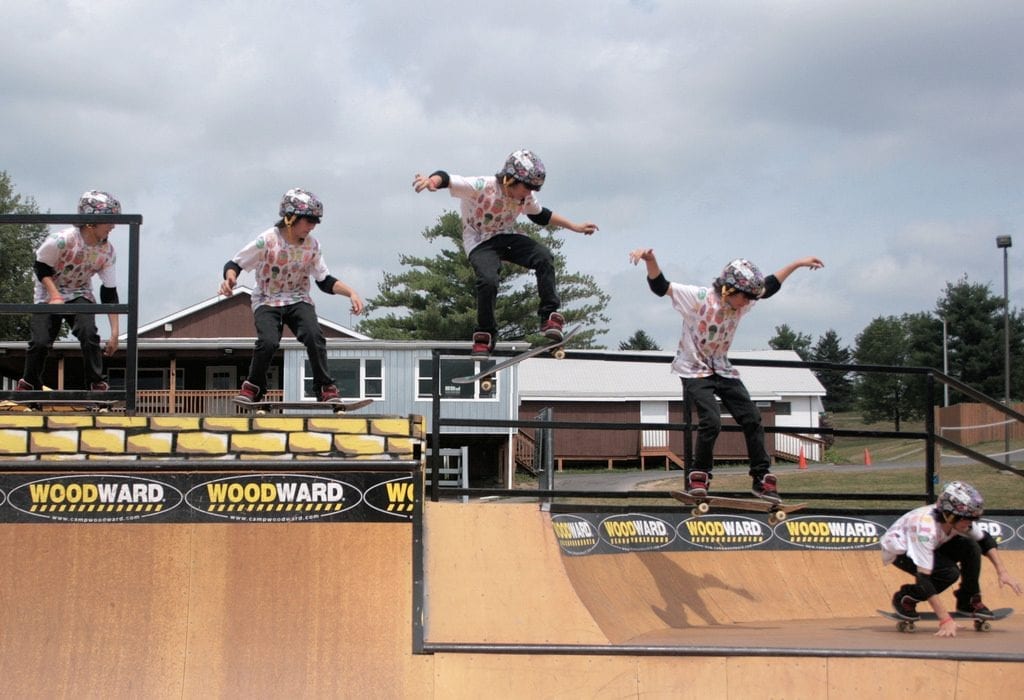
What About The Size?
You may assume there is a big difference between a kid’s skateboard and a skateboard meant for teens and adults. You may imagine a kid’s skateboard being much smaller in comparison. However, there is not much size difference between a skateboard for a child and one for an adult. Some skateboards can run a bit smaller, but most kids can use a normal-sized skateboard. You should buy them a normal size so that they don’t outgrow them. Skateboards aren’t that big, to begin with, and most kids should have no problem riding them. A wider skateboard can be a bit safer for them in the long run as well.
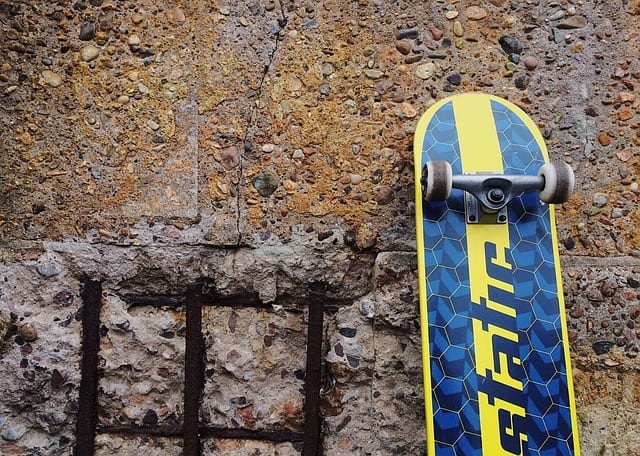
Grade Of The Skateboard
Now, let’s talk about the skateboard’s grade. It is when they classify skateboards by beginner, advanced, pro, or use other terms like a rookie or a pro. So what is the difference between the grades? The grades can determine the material used to make the skateboards. A beginner level may have softer materials. It means the skateboard will go slower, which is a good thing for a child. You don’t want them getting hurt. A pro board will have faster speeds and for skateparks. It is great for older kids, but you probably want to give your kid a skateboard built for beginner use.
Also, pro boards are more durable due to the materials. They may cost more because of this. A beginner board may cost you around $25, while a pro board can cost five times as much. The pro board is meant for when your kid grows older and wants something better. Until then, get them a beginning grade board for their safety and your wallet’s sanity.
Where Do You Buy The Skateboard?
Where do you buy a kid’s skateboard? Some people may head to their big department store for a cheap board there. However, these skateboards may be of poor quality. It can mean skateboards that break easily. At best, you have a disappointed child, and at worst, you have someone getting hurt. Stick to the popular skateboarding brands that provide quality boards.
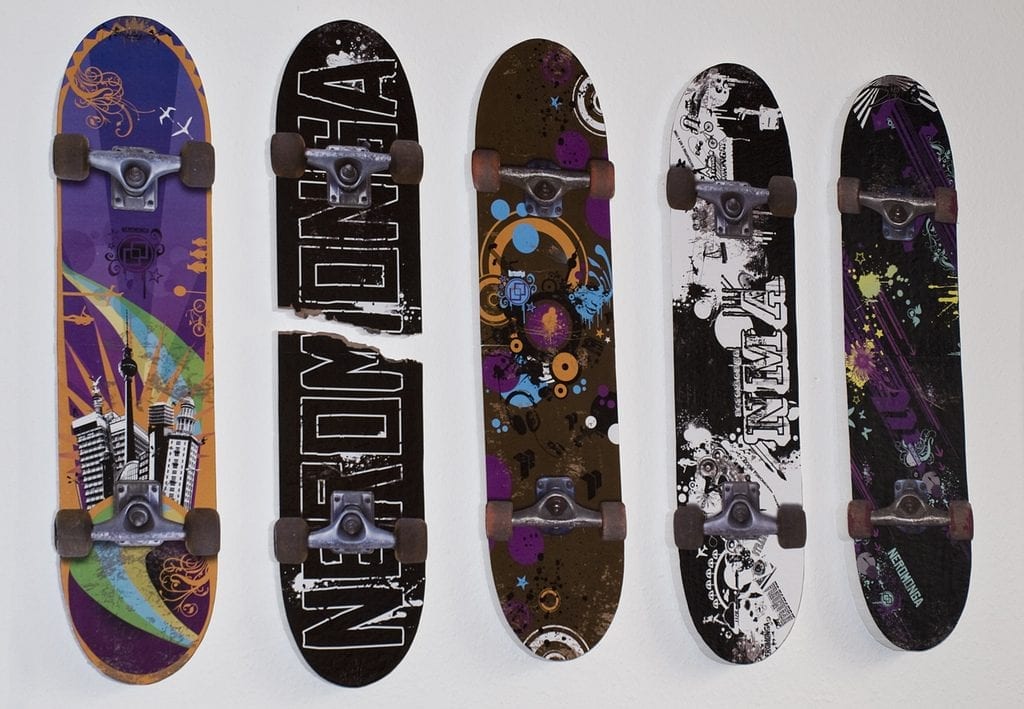
Some people may turn to online for help. If you see a skateboard with good reviews, go for it. With that said, one of the problems with online shopping is that you need to check the seller. Sometimes, the seller of the skateboard is a third party company that gives you a defective product, or one, unlike the description. Stick with a reputable seller. It is common sense that applies to all cases.
Graphics
One thing that’s great about a kid’s skateboard is how expressive it can be. Think about it. They may have unique artwork, stickers that have emotions on them, and colors that match well with the rest of the outfit. When buying a skateboard for your child, think about the graphics. Your child may want to help you pick the best ice skates for kids or a skateboard they like the best. To a non-skater, this doesn’t appear to matter; as long as it skates well, who cares what color or graphics the board has? However, a skater sees it differently. A board designed just for the user feels more personable, and more kids can get usage out of a board like that.
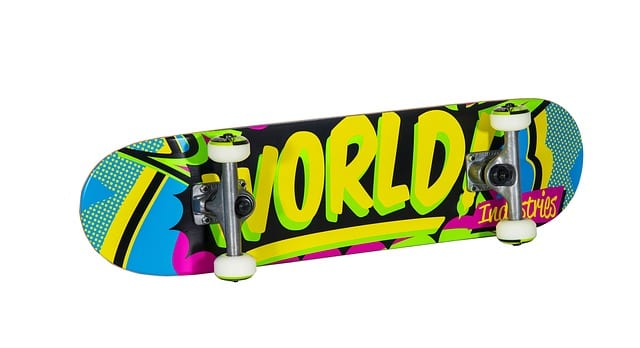
Protective Gear
When skating, everyone should wear some protective gear. Even the pros find themselves wearing gear to keep themselves safe. With that said, here is some gear you should look at:
Helmet. This one is obvious. In skateboarding, it is easy to fall on your head, giving you a nasty bump at best and death at worst. Luckily, there are plenty of helmets designed for skating. These helmets feel lightweight and keep your head nice and comfortable. You can buy helmets for children. Like a skateboard, some kids may want a helmet with special graphics or colors. However, in the end, you need a helmet that can fit securely and deliver the best protection. Talk with a pro and see which helmet will suit your kid.
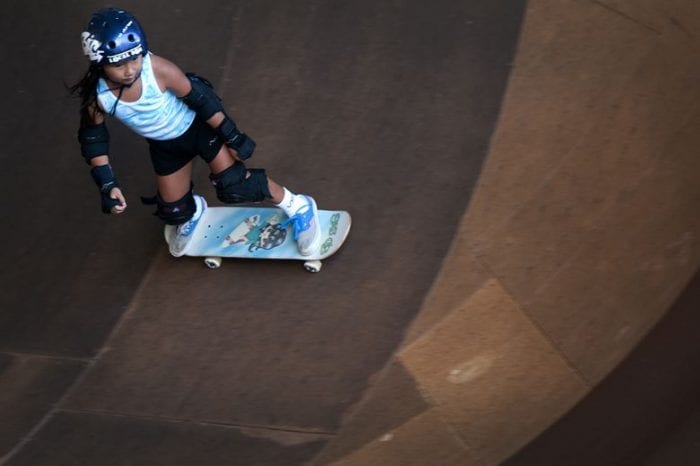
Knee pads, wrist guards, and elbow pads. When you spill, you can scrape your knees, wrists, and elbows. It can be quite painful. These can protect everything and prevent your kids from hurting themselves.
If you’re looking for a good brand, Termite does as well. Make sure you buy safety gear that has a reputation for protection. Like buying a cheap skateboard, buying cheap protective equipment that is cheap can be a deadly investment. Get yourself some gear that can prevent scrapes and other falls. Injuries can discourage a young skater, or much worse.
Anything Else?
If you’re still unsure, talk to some other parents who have skating kids and ask what they bought. Also, when you get the skateboard, make sure you read the instructions carefully. Do this so that you don’t end up assembling something incorrectly or so you don’t end up with another problem.
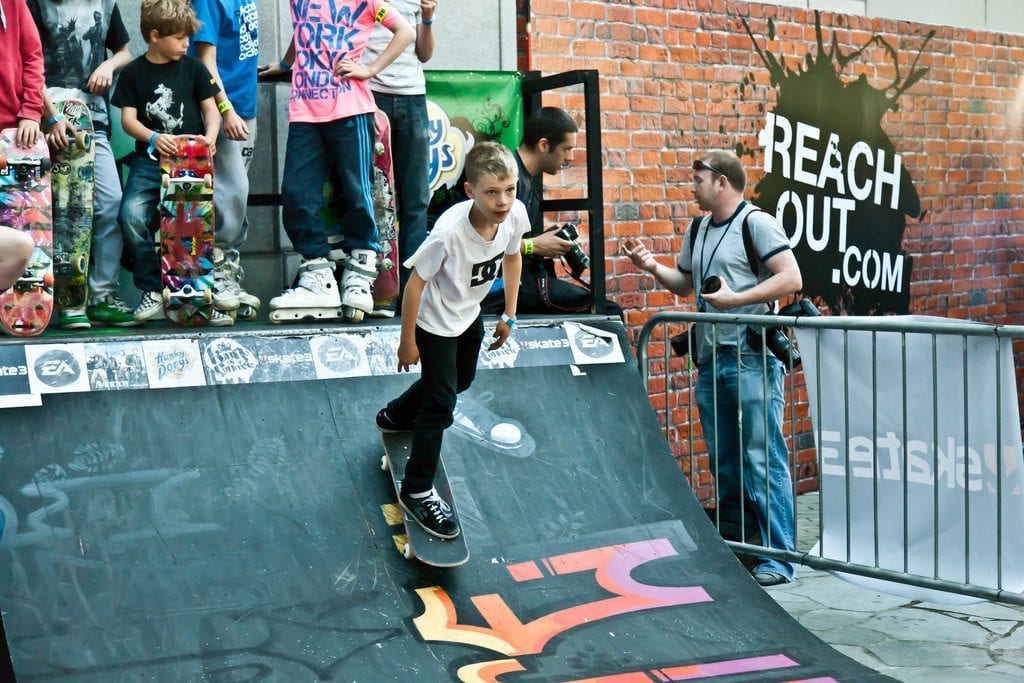
Kids’ Skateboard Conclusion
Skating can be fun for all ages, and if your kid is interested, we say let them try skating out. As long as you get the right gear and supervise your child, skating can be a fun way for your child to exercise and enjoy the day. So get out there and find the best board for your kid.
FAQs On Kids’ Skateboard
Your 6-year-old would love to skate with a SkateSX, the most popular and the best skateboard for kids worldwide. You’ll never go wrong with this skateboard. Unlike most skateboards, the SX uses professional grade materials. Some parts are also made from bamboo to add to its lighter weight and style. Read more about more recommendations here: https://www.everythingmom.com/reviews/best-skateboards-for-kids.
Last Updated on May 9, 2023 by Eunice Barbosa
DISCLAIMER (IMPORTANT): This information (including all text, images, audio, or other formats on FamilyHype.com) is not intended to be a substitute for informed professional advice, diagnosis, endorsement or treatment. You should not take any action or avoid taking action without consulting a qualified professional. Always seek the advice of your physician or other qualified health provider with any questions about medical conditions. Do not disregard professional medical advice or delay seeking advice or treatment because of something you have read here a FamilyHype.com.